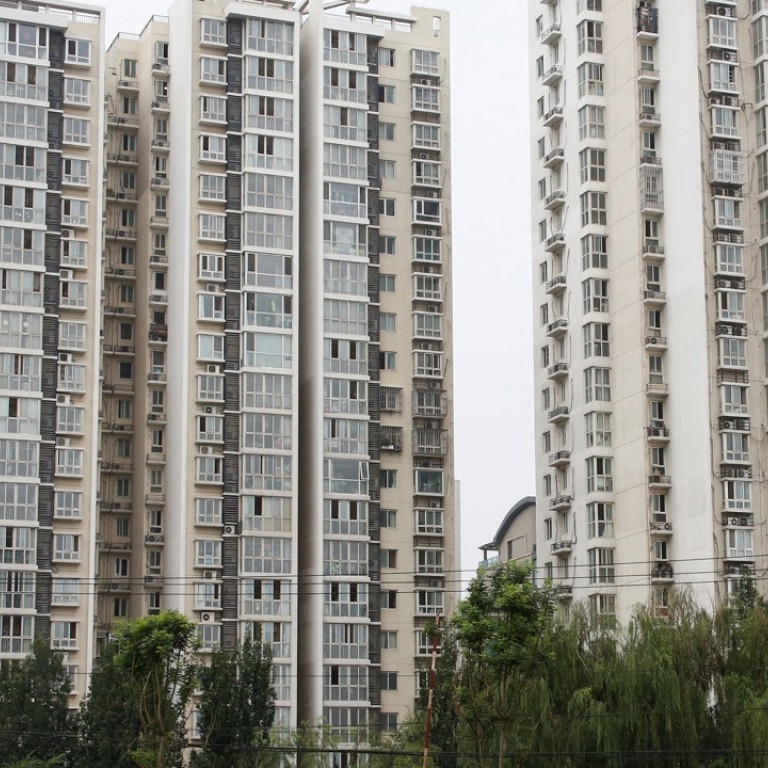
Chinese home sales fall again in May as cities close loopholes in cooling measures
After a weak April, property sales in major Chinese cities continued to fall in the first half of May as local authorities intensified their campaign to close loopholes in existing cooling measures.
Sales of new homes in Beijing in the second week of the month fell 9.7 per cent from the first week, and were down 22 per cent and 71 per cent from the average weekly sales in April and March, respectively. Shanghai’s new home sales declined 12.8 per cent in the first week of May from the previous week, according to Centaline data.
Last week, Shenzhen became the latest of the big “first-tier cities” in China to clamp down on so-called “commercial flats” – homes built on land meant for office or retail use, previously a very popular alternative to units being sold in purely residential projects. The city’s government banned developers from building bathrooms, pantries, balconies and other residential features in individual units within buildings originally designated for commercial use.
Commercial flats are a major loophole in the existing system
Previously, the Shanghai government demanded that developers undertake not to sell any more apartments on land acquired for office and retail use, and instead to sell the space on a storey by storey basis. The Beijing local authorities not only banned the sale of new commercial flats to individuals, but also existing ones.
“Commercial flats are a major loophole in the existing system. Various details hint that the crackdown in Beijing is not alone, but a coordinated effort among the biggest cities, which means other big cities could follow,” said Zhang Hongwei, chief researcher with Shanghai-based property consultant Tospur.
“Behind the campaign is an effort to shift the low-end workforce in these cities elsewhere.”
Commercial flats as a share of Shenzhen’s new home sales rose to 17.8 per cent in 2016, while inventory by the end of that year reached 860,000 square metres, according to Centaline Property’s Shenzhen unit. In Beijing that ratio is 60 per cent.
The loophole-closing campaign has also spread to second-tier cities. Haikou, the capital of tropical Hainan island, last Wednesday included commercial flats and second-hand homes in its purchase restrictions. The city, along with Sanya, another tourist haven on the island, banned new homes from being resold within two years of purchase.
Central China metropolis Wuhan capped decoration prices – the amount charged by a developer to decorate an apartment for the new occupant – at 5,000 yuan per square metre for homes sold at 30,000 yuan per sq m or higher. Skirting government-imposed limits on property prices by adding a “decoration fee” had become common practice in major cities.
The slew of tightening came after new home sales in April dropped sharply from a feverish March. Contracted sales by 23 top Chinese developers reached a combined 255 billion yuan, down 29 per cent from March, the biggest drop in 15 months. Nationally, residential property sales by floor space slumped 36 per cent year-on-year, while by value they declined 47.8 per cent, according to the Post’s calculation based on National Statistics Bureau data.
Pre-owned homes, which dominate sales in first-tier cities, also cooled substantially. Sales of existing homes in Beijing in the first two weeks of May fell 47.4 per cent from the previous two weeks, according to the city’s housing commission.
A total of 55 mainland cities have rolled out about 160 new policies strengthening curbs on property purchases since last October, when the tightening cycle started, according to Centaline.

